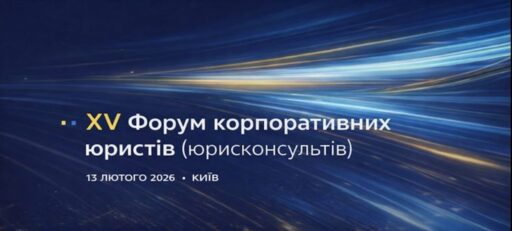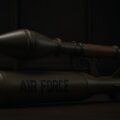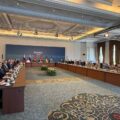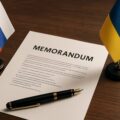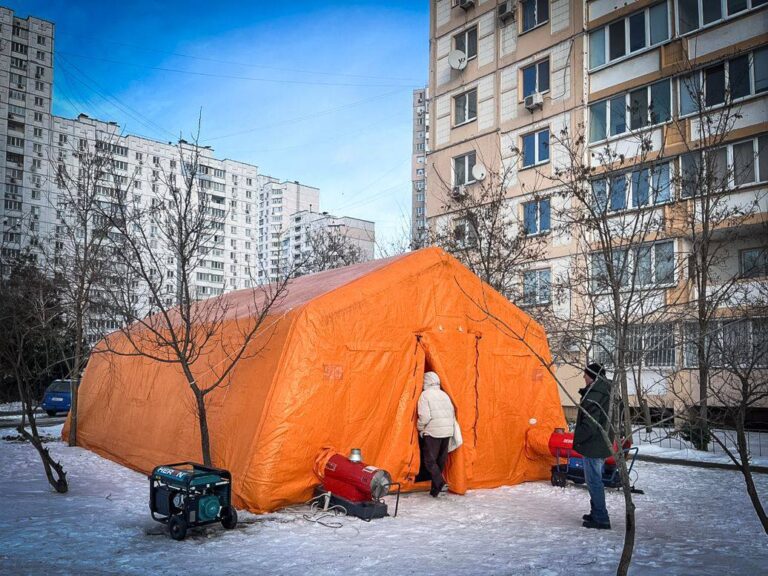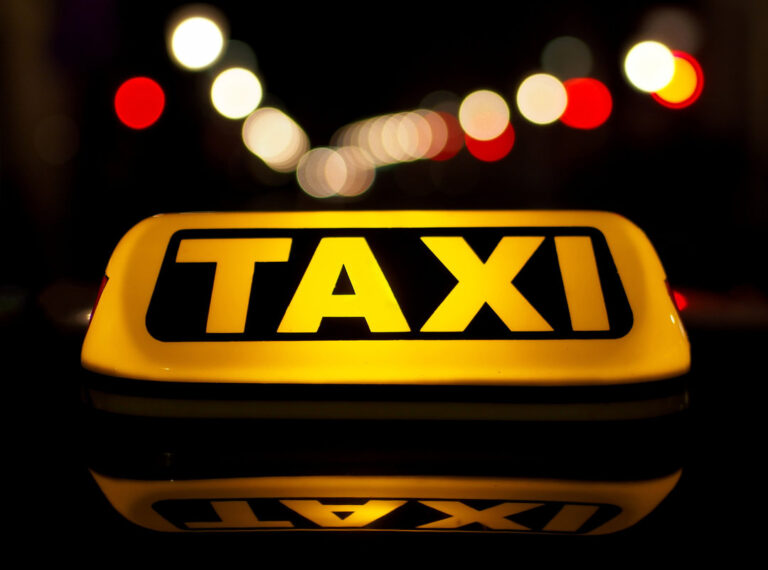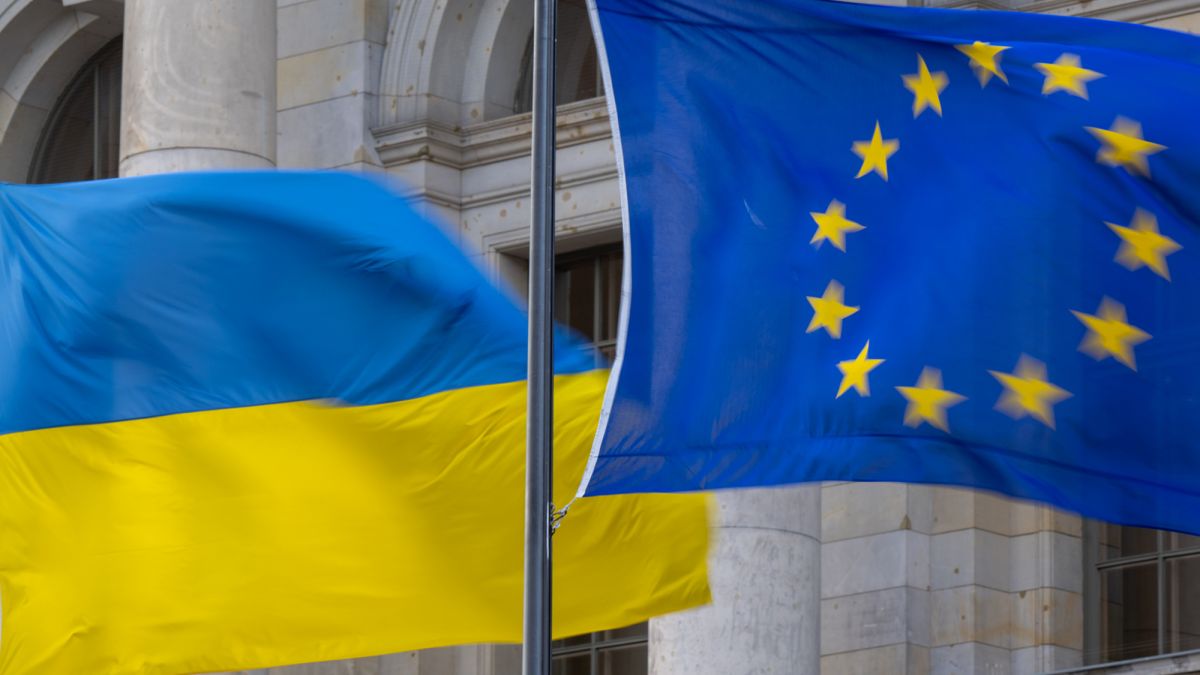
The West Shifts from Declarations to Action – Silent Military Aid, Russian Escalation, and Ukraine’s Resilience
While the world anticipated a pause, Russia chose aggression.
Amid quiet diplomacy and statements off-mic, the Kremlin once again made its choice clear: even when given a chance — it chooses war.
Germany has classified all military aid.
The UK has issued a clear ultimatum.
The West is no longer warning in advance.
Now it’s not about rhetoric — it’s about action.
Germany: Silent Support with No Compromises
In early May, Chancellor Friedrich Merz announced that all military supplies to Ukraine would now be fully classified.
No lists. No schedules. No quantities.
“We will no longer disclose what, when, or how much we deliver. War demands restraint. Our goal is effectiveness — not a show for the cameras.”
— Friedrich Merz, Chancellor of Germany
The strategic objective is clear: deny Russia the ability to adapt — no information on calibers, logistics, or delivery patterns.
The United Kingdom: An Ultimatum to the Kremlin
British Prime Minister Keir Starmer took a more vocal stance:
“We’ve given Moscow a pause. Thirty days — to show readiness for peace. If that window is lost, what follows is escalation. And we will not warn again.”
— Keir Starmer, UK Prime Minister
The UK effectively issued an ultimatum:
If the window closes, expect new shipments, new sanctions, and a new level of engagement.
But the Kremlin rejected it.
Russia Responded with Aggression — Not Silence
According to The Guardian, Russia officially dismissed the West’s proposal for a 30-day ceasefire.
Instead, the Kremlin offered vague “talks in Istanbul” — without any intention to halt fire.
“Putin rejected the call for a ceasefire by the UK, France, Germany, and Poland, instead proposing negotiations — on his own terms.”
— The Guardian
Meanwhile:
- Shelling on the Kharkiv and Sumy fronts intensified
- Drone strikes on Ukraine’s border regions escalated
- Moscow’s “response” was not diplomacy — it was defiance
“This isn’t passive resistance — it’s a statement. The Kremlin is saying: I do not change. Even when given the chance,”
a French Foreign Ministry source told Reuters.
Western Response: Fewer Words, More Action
In return, the West acted — quietly but decisively:
- The EU and UK imposed new sanctions, targeting Russia’s “shadow fleet”
- NATO accelerated logistics prep along its eastern flank
- The U.S. began forming a new aid package — without public announcements
The message: tactics have shifted.
Declarations are over.
Now, actions speak — after the fact.
Relevant
Ukraine: Restraint Over Reaction
Ukraine maintained its position — no provocation, no ceasefire violations, no change of course.
That’s not weakness — that’s strategic discipline.
“We promised 30 days of restraint — and we’re honoring it. But we know who wasted the chance.”
— Presidential Office of Ukraine, in a statement to Politico
What Does This New Phase Mean?
- Russia has once again proven it’s not interested in dialogue
- The West no longer plays transparent diplomacy — it acts without warning
- Ukraine is winning morally and diplomatically:
This is no longer a two-sided conflict — it’s a test of global alignment
Time for Action: What Must Come Next
- Scale up support — without press releases
- Coordinate with the U.S. — beyond election cycles
- Strengthen counter-disinformation strategies
- Show public unity across Europe — Brussels, London, Kyiv must act as one line
The Pause Is Over — A New Phase Has Begun
Silence was never weakness. It was a moment of choice.
And the Kremlin made its choice.
Now, it’s time for action.
No warnings. No words wasted.


